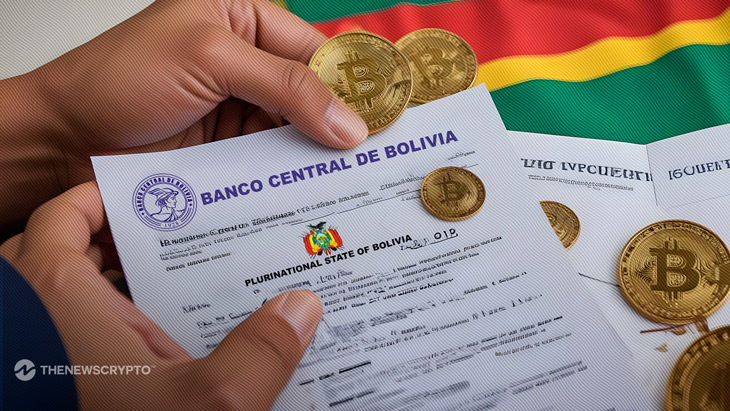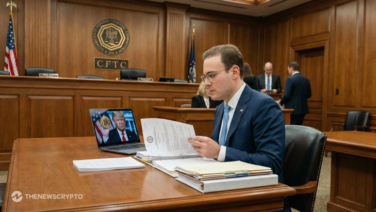- Bolivia Central Bank ends a 4-year ban on cryptocurrencies, permitting financial institutions to transact with digital assets.
- The price of Bitcoin stands in the $61,500 range.
After 4 years, the Central Bank in Bolivia has officially reversed its 2020 ban on Bitcoin and other cryptocurrencies.
The Central Bank of Bolivia (BCB) announced on June 26 that it permits financial institutions to engage in cryptocurrency transactions via authorized electronic channels, line up with neighboring Argentina’s more permissive stance on digital assets.
The reversal of the 2020 prohibition, enacted along with Board Resolution N°144/2020, is coordinated with the Financial System Supervision Authority (ASFI) and the Financial Investigations Unit (UIF).
Despite this newfound regulatory freedom, the BCB has emphasized that cryptocurrencies are not “legal tender,” and the only legal currency in the country is the “Boliviano.” Consequently, businesses are not obligated to accept cryptocurrencies as payment, and users must bear the associated risks.
To address this risk, the BCB plans to include cryptocurrency safety information in its Economic and Financial Education Plan. However, this news didn’t impact Bitcoin as expected. Instead, the price of BTC soared by around 1.5% to $62,333 from $60,580. At the time of writing, Bitcoin was trading at $61,472.
Bolivia’s Shifting Crypto Regulations
These changes in Bolivia’s regulations hint at its stance shifting from a previously strict position on cryptocurrencies. In 2014, ASFI prohibited crypto use due to concerns over consumer protection and money laundering. The ban was tightened in 2022, citing risks of fraud and economic losses.
Bolivia’s new cryptocurrency regulations reflect a significant shift in financial policy, opening new avenues for digital asset transactions while maintaining a cautious approach to their legal status and associated risks.








